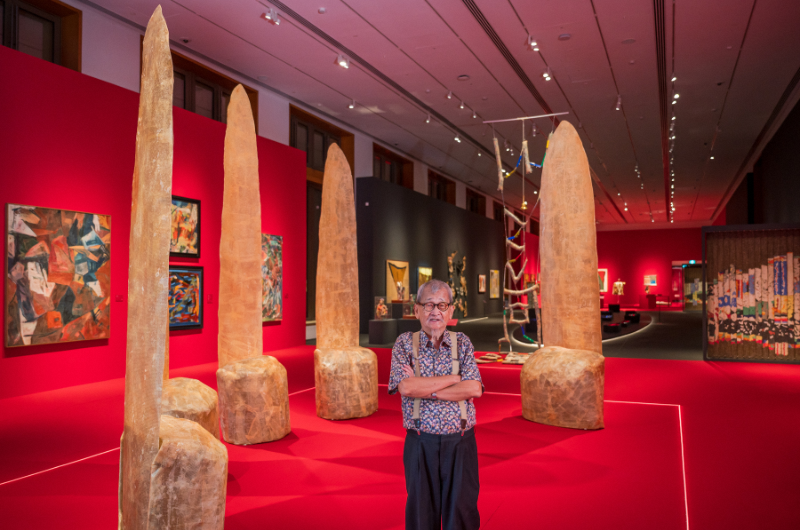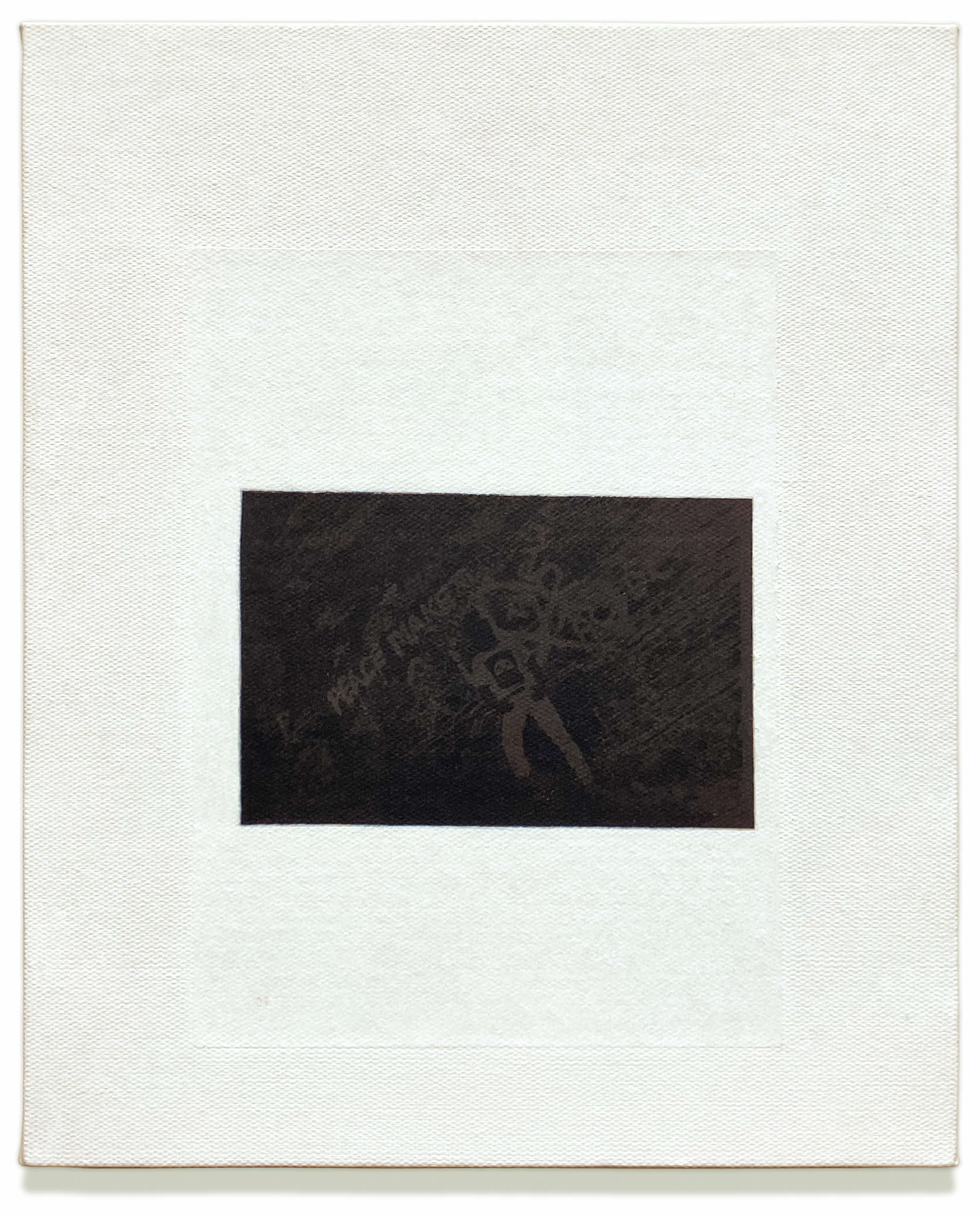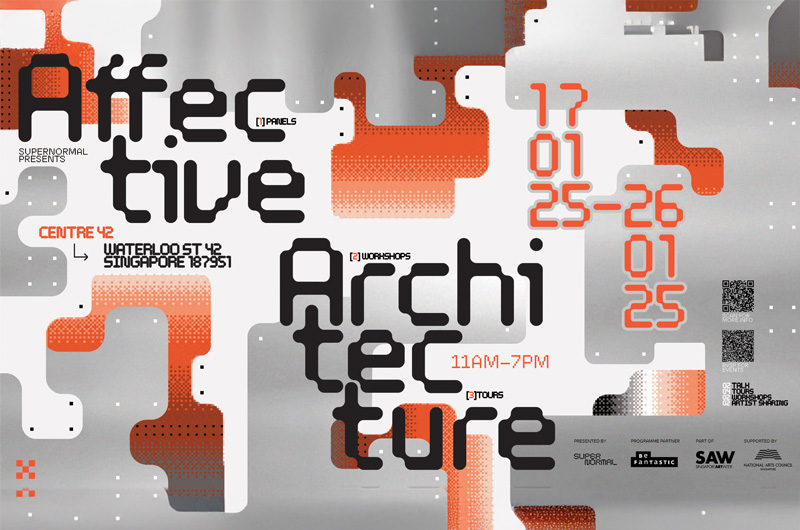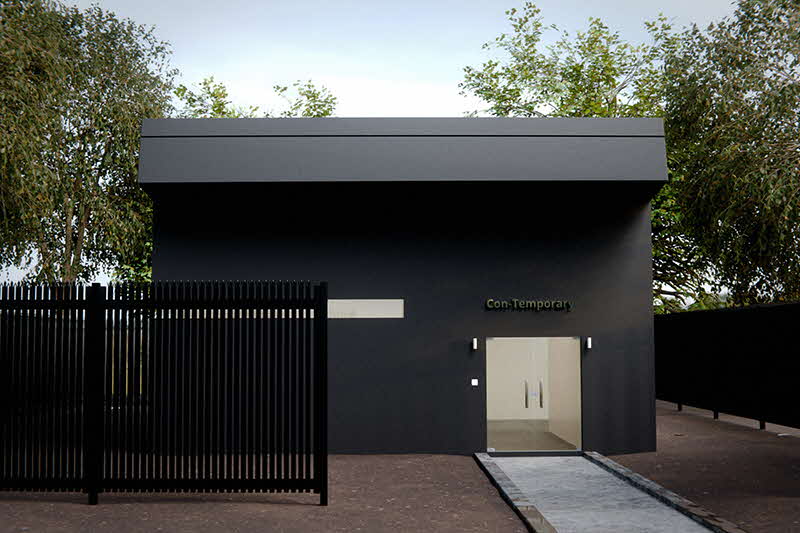
Exhibition
National Gallery Singapore
6 September 2024 to 2 February 2025
Daily, 10am to 7pm
Ticketed
Special Exhibition: $25 (Standard) $15 (Local), All Access Pass (General Admission + Special Exhibition): $30 (Standard), For Singaporean and PR, purchasing a 'Special Exhibition' pass automatically upgrades you to an 'All Access' pass.
Wheelchair accessibility.
Synopsis
Participating artists/curators:
Teo Eng Seng, Artist, Singaporean
Richard Koh Fine Art
11 Jan 2025 to 16 Feb 2025
Free admission
Lucaa Global
17 Jan 2025 to 26 Jan 2025
Free admission
supernormal.space
17 Jan 2025 to 26 Jan 2025
Free admission
Joshua Kon Fu Shan, Arrvinraj
17 Jan 2025 to 26 Jan 2025
Free admission
Various, roving




.png?sfvrsn=152db170_3)


